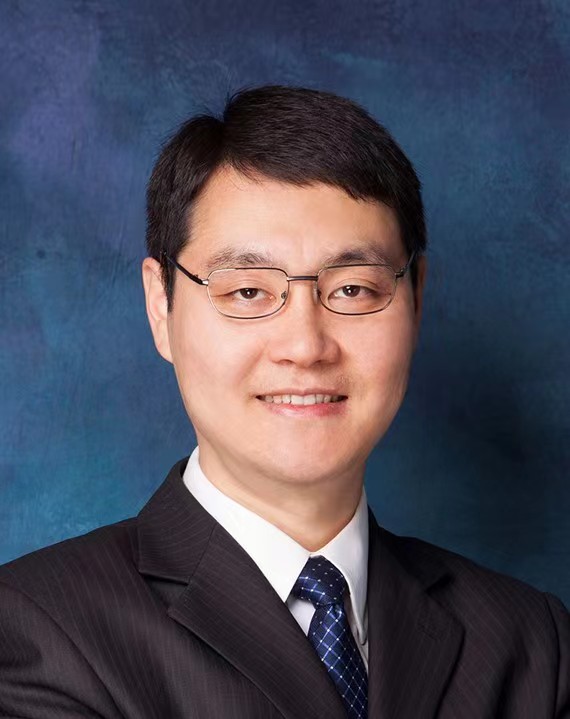Abstract:Stimuli-responsive nanomedicines that leverage pathophysiological signals to achieve a spatiotemporal control of therapeutic and diagnostic agents have been extensively investigated. Recently, we developed a novel ultra-pH-sensitive (UPS) nanotechnology based on the cooperative self-assembly of ionizable block copolymers. We further expanded this nanotechnology to a combinatorial library of UPS nanomedicines that composed of three modules: (i) a stimuli-responsive module for the sensing and remodeling of the complex tumor microenvironment; (ii) on-demand release module for precise delivery of therapeutics in vivo; (iii) multi-drug module for the synergistic efficacy of combined therapy. The UPS drug delivery nanotechnology has been exploited for binary reporting of endosome maturation, amplification of tumor microenvironment signals, precise drug delivery, quantification of intracellular nanoparticle exposure, immunotherapy, and nano-biology, etc. This cooperative nanotechnology provides a potential pharmaceutical platform to advance the fundamental research and clinical translation of nanomedicines.
汪贻广 北京大学药学院教授,药剂学系主任。长期从事智能纳米药物递送与疾病诊疗研究,以第一作者或通讯作者在 Nat. Mater. 、 Nat. Nanotechnol. 、 Nat. Commun. 、 J. Am. Chem. Soc. 、 Angew. Chem. Int. Ed. 等国际学术刊物发表论文60余篇。研究成果推动了荧光纳米探针pegsitacianine的临床转化,并被FDA认定为突破性疗法,正在美国和欧盟申请III期临床试验,用于多种肿瘤的荧光导航手术。入选北京大学“百人计划”优秀人才,国家海外高层次青年人才,先后获得国家杰出青年科学基金、国家优秀青年科学基金、北京杰出青年科学基金,Bayer学者奖、中国药学会-中恒青年药剂学奖和中国药学会-赛洛菲青年生物药物奖。

